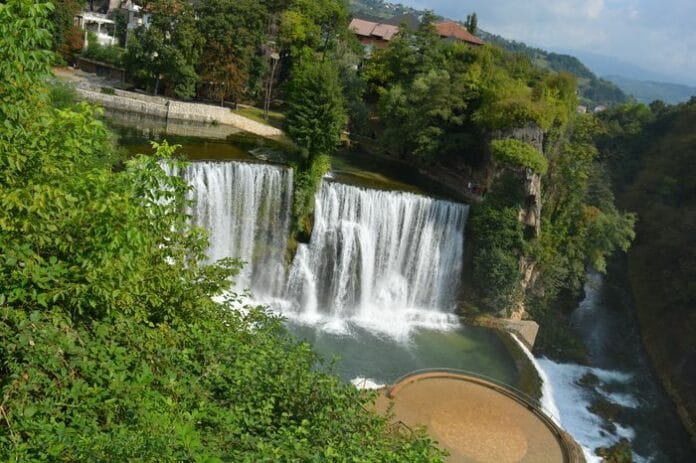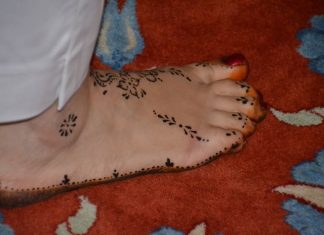In November, a Serbian politician, Monsieur P. Marinkovitch, visited Sofia. He had previously served as a Minister and was now part of the newly formed Serbian government. During an interview with Monsieur Adam Neitchoff, a Bulgarian politician, Marinkovitch said:
“You are mistaken if you think we wanted to stay in Macedonia because we couldn’t get access to the Adriatic Sea. These two things are not connected.”
The Serbian Government’s Actions Before the War
The Treaty in question was signed on 29th February, 1912. However, we now know that on 15th September, 1912, before the war against Turkey had even started, the Serbian Government secretly told its representatives abroad to claim land far beyond the boundaries set in the secret part of the treaty Istanbul Fun Tours.
Serbia had already agreed with Russia that they would not claim territory beyond a certain line. Yet, Serbia started claiming land beyond this line, breaking the agreement.
Serbia’s Actions in Macedonia
The Carnegie Commission has pointed out that Serbia acted aggressively in Macedonia. Serbia shut down Bulgarian schools, took over Bulgarian churches, and forced Bulgarian priests and bishops out of the region. All of this happened while Serbia’s ally (Bulgaria) was still fighting against Turkey in Thrace The Carnegie Commission’s Opinion.
This action was done with the knowledge and approval of the former Russian Minister in Belgrade, Monsieur Hartwegg.
Serbia’s Request for More Land
In another conversation, Marinkovitch told Neitchoff that in May, the Serbian government had received clear assurance from Hartwegg that Russia would help Serbia keep land as far as the Vardar River. In other words, Hartwegg promised Serbia that the Russian Emperor would go beyond his powers to give Serbia land that the treaty didn’t allow.
Russian Ambassador’s Comment on Hartwegg
Because of these actions, the Russian Ambassador in Vienna thought it was important to tell the British Ambassador, Sir M. de Bunsen, in July that the current Russian Minister in Belgrade was much more moderate than the previous one, Hartwegg.







